|
As we prepare to receive a new harvest of Kenyan coffee, we realise that there are several misconceptions associated with Kenyan coffee, let's review the most common ones: 1.- There is a misconception that Kenyan coffees are too acidic and unsuitable for use in espresso or milk-based drinks. However, this is simply not true. The acidity level of a coffee can be controlled by adjusting the roast profile. Although some coffees have a higher natural acidity, this can always be reduced by roasting if necessary.
0 Comments
As of today, we are informed that some milling facilities are operational but are experiencing significant delays. We plan to complete the selection process by the end of February and start milling in March. Our target is to have the coffee in Barcelona by April. However, there may be unforeseen delays, so we suggest you stay informed and caffeinated. Kenyan coffee has always been highly valued by roasters and importers, and international prices serve as a benchmark for the local price on the Nairobi Coffee Exchange. However, the coffee sector is currently struggling and in need of renewal, as more and more farmers abandon coffee farming in favour of better-paying enterprises such as real estate and avocado cultivation. The government is working to halt the decline, as there are concerns that the once-thriving coffee sub-sector has lost its lustre.
As the new harvest begins in Kenya, it is always important to dive into the complex relationship between coffee, politics, climate change, industry trends and international trade. The harvest has started this November at a very slow pace, and shows great potential for western coffees, i.e., the Bungoma region and its surroundings. In addition, the big news is a new government proposing deep structural changes to the industry at different levels, large millers and traders, the Nairobi Coffee Exchange and the cooperatives. In Kenya, there are three major coffee trading companies: Sucafina, Ecom and NKG. These companies also own factories and marketing agencies that were formed in accordance with government regulations, which required that a company could only engage in marketing, milling or exporting if it had companies dedicated solely to that particular service. With the current reforms, these companies lost their licences and were required to apply for a licence for a single service, e.g., marketing only.
Things are changing for the better in Kenya, the average price of coffee cherries has increased from USD 0.45 per kg of cherry in 2016/2017 to USD 0.80 per kg of cherry in the year 2020/2021, a 78% grow! But what has happened in the year 2021/2022? According to information from the Nairobi Coffee Exchange (NCI), coffee production increased by 64% in the 2021/2022 harvest, compared to the previous year, and income increased by 90% in the same period. This is the result of a lower supply to the global market, because in Brazil, the harsh weather conditions caused up to 20% of the entire harvest to be lost in the last season. And in Ethiopia, the world's fifth largest producer, agricultural activities have been interrupted by the conflict between the government and the militia in the Tigray region.
It is frequently pointed out that Kenyan coffees are the best in the world. Also, that its cup profile is unique and that it must always be within certain parameters (blackcurrant, berries, winey, juicy), or else it would not be a good example of a good Kenyan coffee. It seems that the industry has preconceptions about what is a good coffee, and what flavors should be obtained from a certain origin; as if the production of coffee were an exact formula, similar to a highly efficient factory where economies of scale are generated and from which the same result is always obtained.
Pseudoscience is a tendency to make claims without any scientific basis. For example, anti-vaccine activism can cause people to forego proven medical treatments, which can lead to death or serious health problems.
In our beloved industry, unfortunately, we often come across "pseudo-scientists" who make assertions that are not based on scientific methodology, but rather are based on "coffee mythology" (if such a thing exists), or ideas that are more fabrication of the industry, than serious scientific studies regarding a given topic. Let's take the concept of a cup profile for a minute. How on earth, could someone assure what the cup profile of a given origin is? Every coffee farm in the world, even the most reputable one, will produce good, medium and bad quality beans. Therefore, separating the better, bigger and denser beans from those lighter and defective, is key to maximize the financial result of the producer. In Kenya, after a certain lot has been processed, it will be delivered to the Marketing Agent (MA) in parchment by the producer or cooperative. The MA then, will mill and grade the lot by shape and size, and give this lot an unique "Outturn Number" (ON), before delivering a sample to the Nairobi Coffee Exchange. This ON will be crucial to provide transparency and traceability to the system. Just a few days ago, I walked into a coffee shop and bought a 250gr bag of Kenyan coffee for €20 approx. While I'm happy to pay that kind of money for a very good Kenya in a bag full of tasty promises, when I got home I found only disappointment. It is an open secret within the specialty industry, that Kenyan coffees have been in a low the last couple of years, and probably it is one of the most controversial topics right now. As you may know, Kenya is one of the most prized origins within the specialty coffee world, it is sought by importers and roasters from all over the world as an origin of outstanding quality, intense sweetness, citrus/winey acidities and velvety bodies. We would normally cup 500+ samples from Kenya each season, between origin and lab cuppings. Maybe the right number is something closer to 1,000 samples, between February and March each year since 2016. This year the quantity was lower for obvious reasons. And while it's common knowledge among coffee connoisseurs from around the world, that there has been a disruption in the quality of this great origin, we can discuss on the causes or how much it has been affected, but I don’t think anybody that understand well the Kenyan coffee industry, can deny there is a problem.
|
Archives
April 2024
Categories
All
|
- What We Do
- Que Hacemos
-
Origins
-
Orígenes
- Education
- Educación
- Contact
- Contacto
- Home Roaster Store
- Tienda del Home Roaster

|
Copyright © 2015-2024 | Kilimanjaro Specialty Coffees España S.L.U. All Rights Reserved.
|

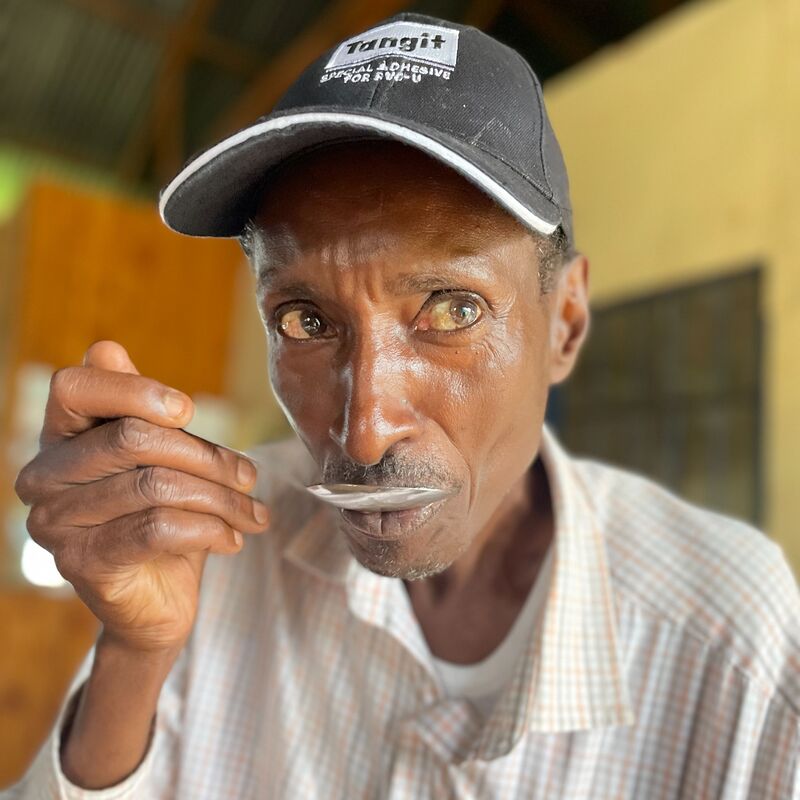
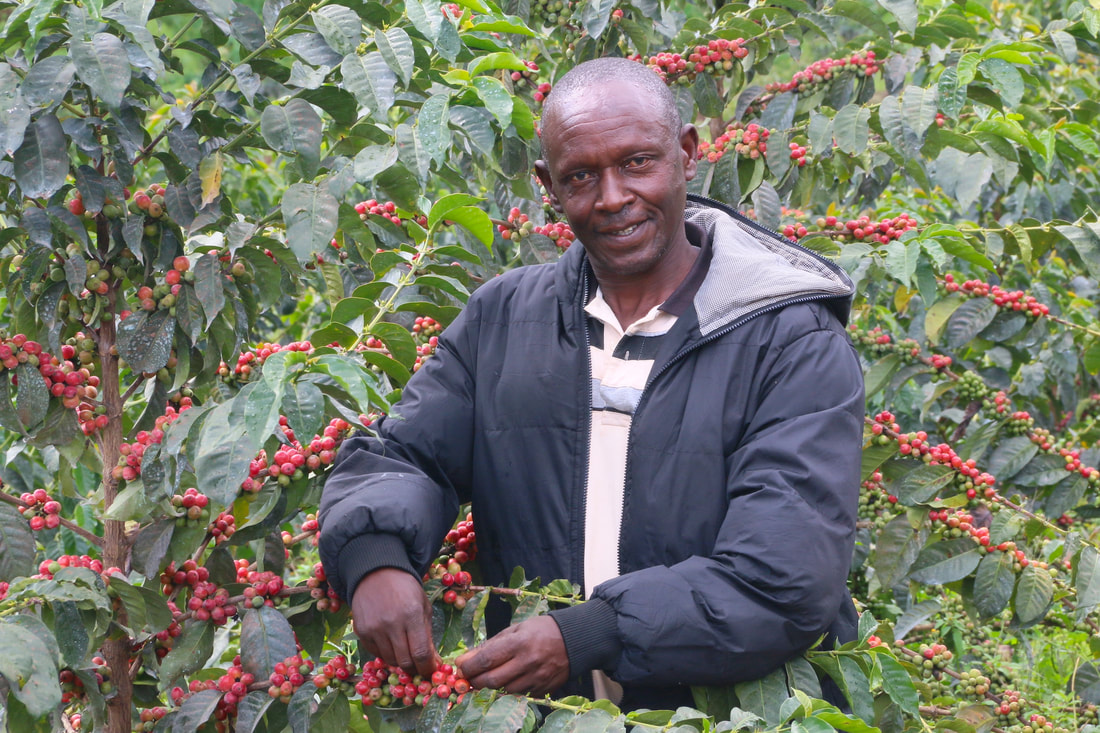
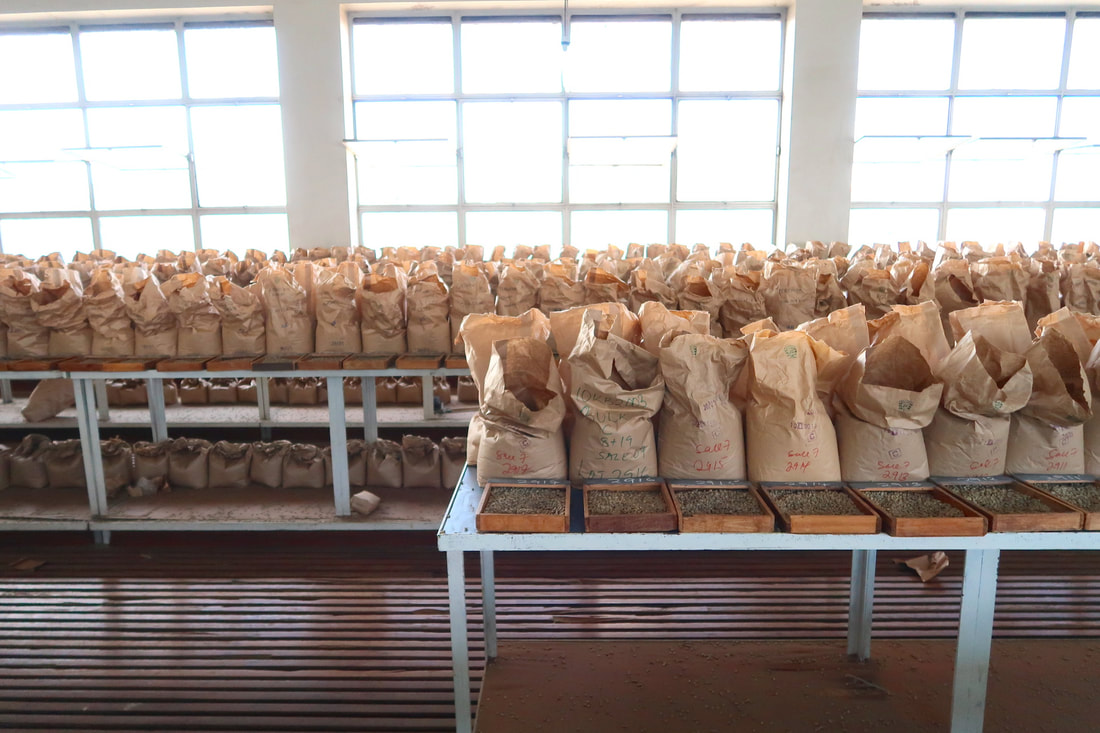
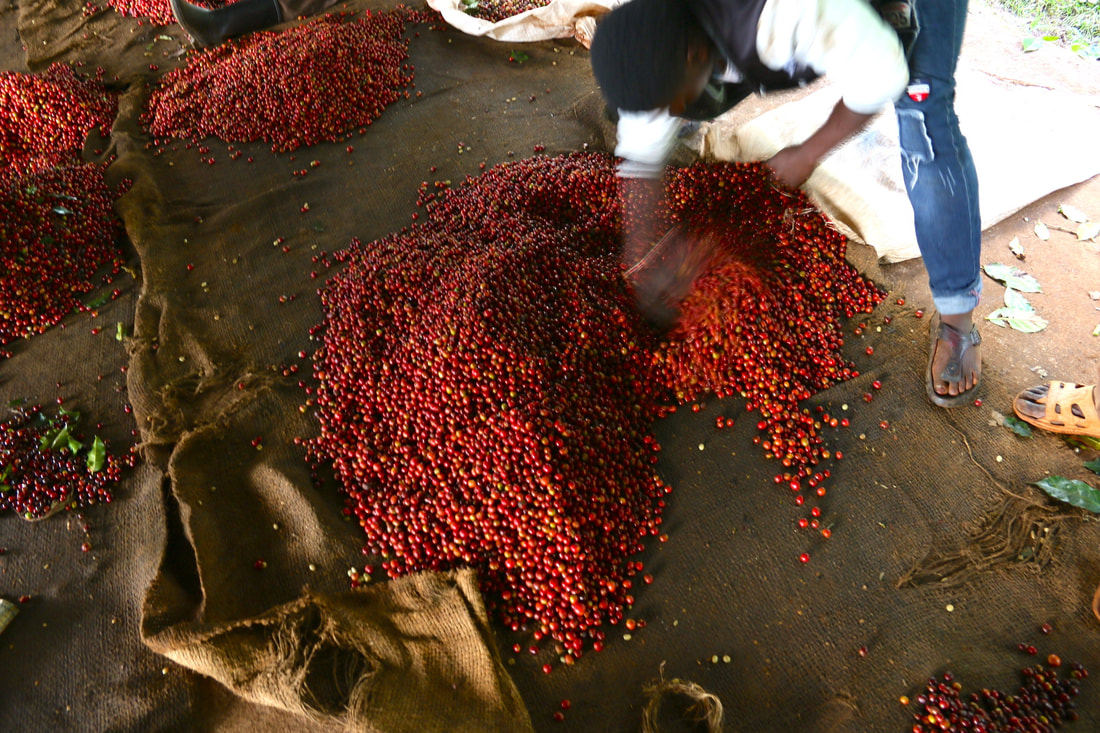
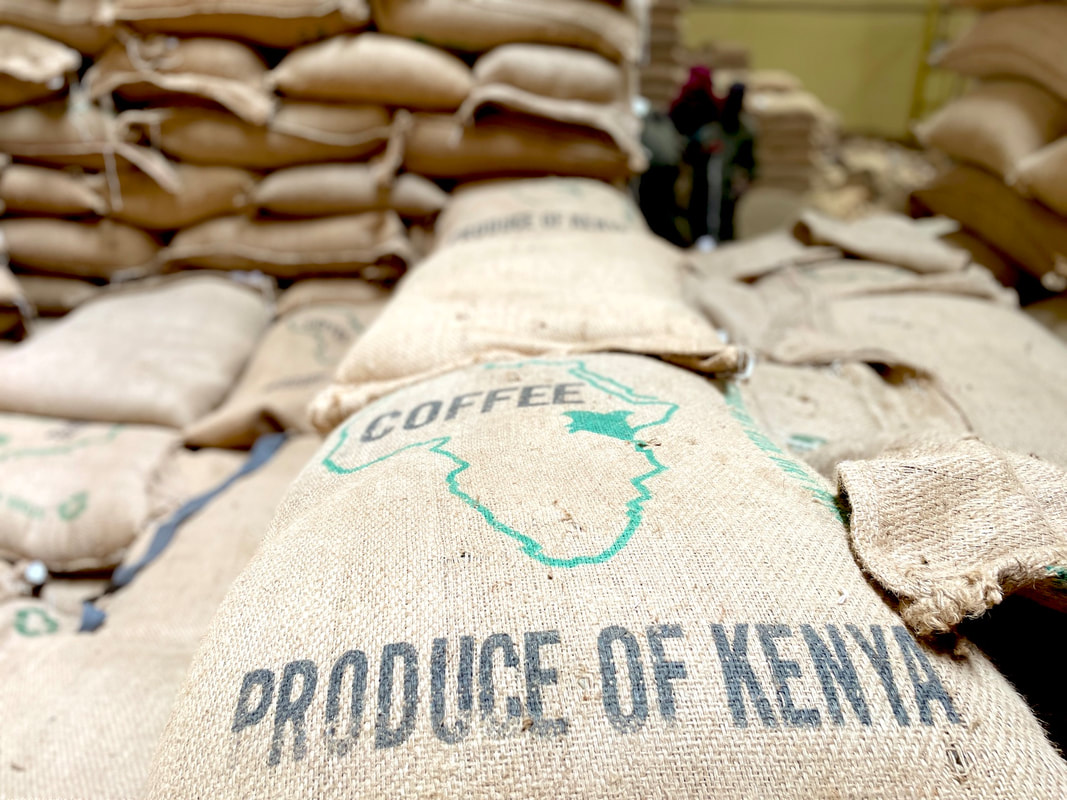
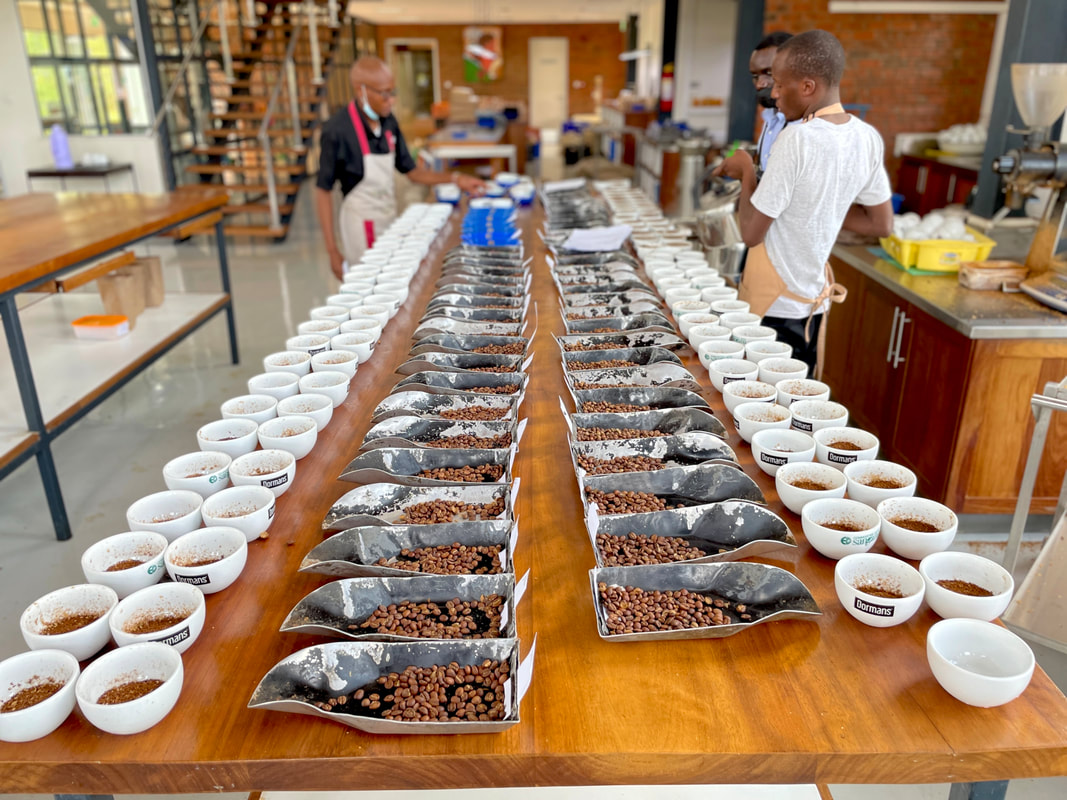
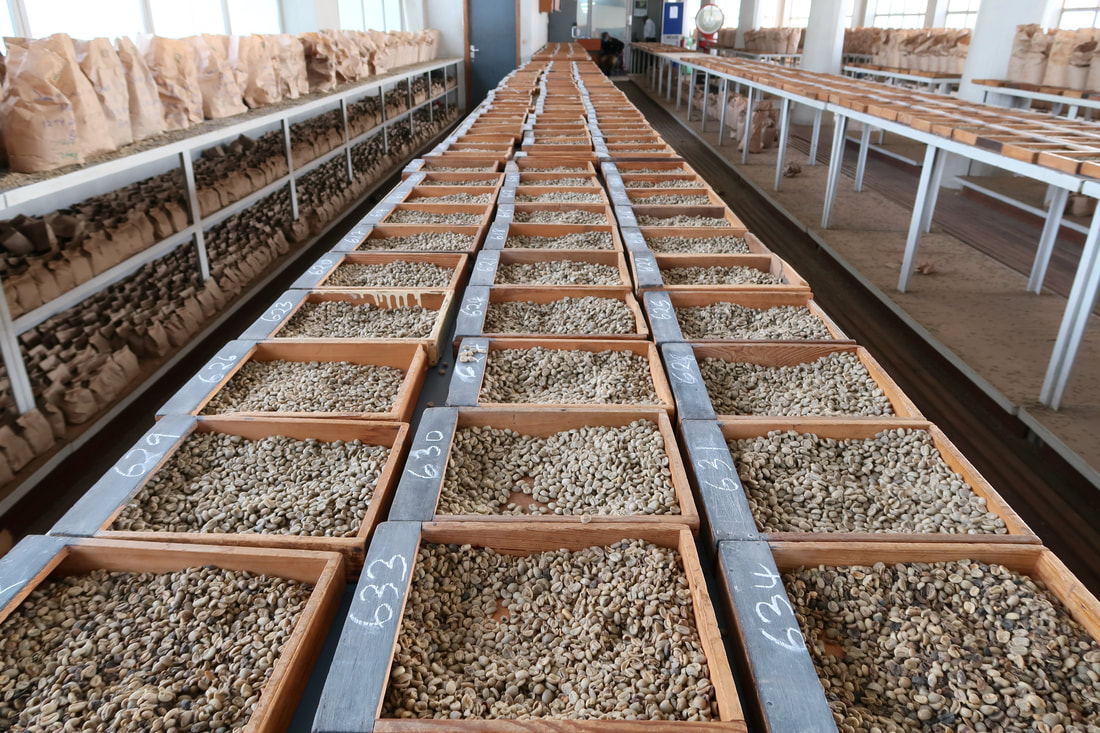
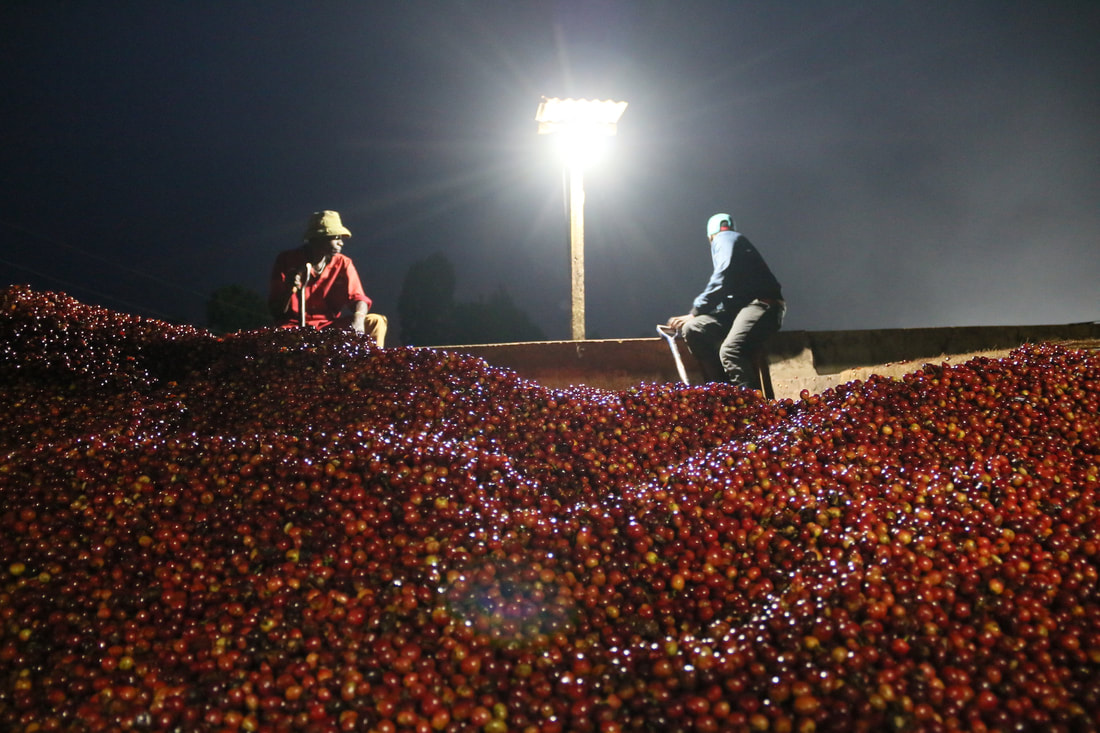
 RSS Feed
RSS Feed